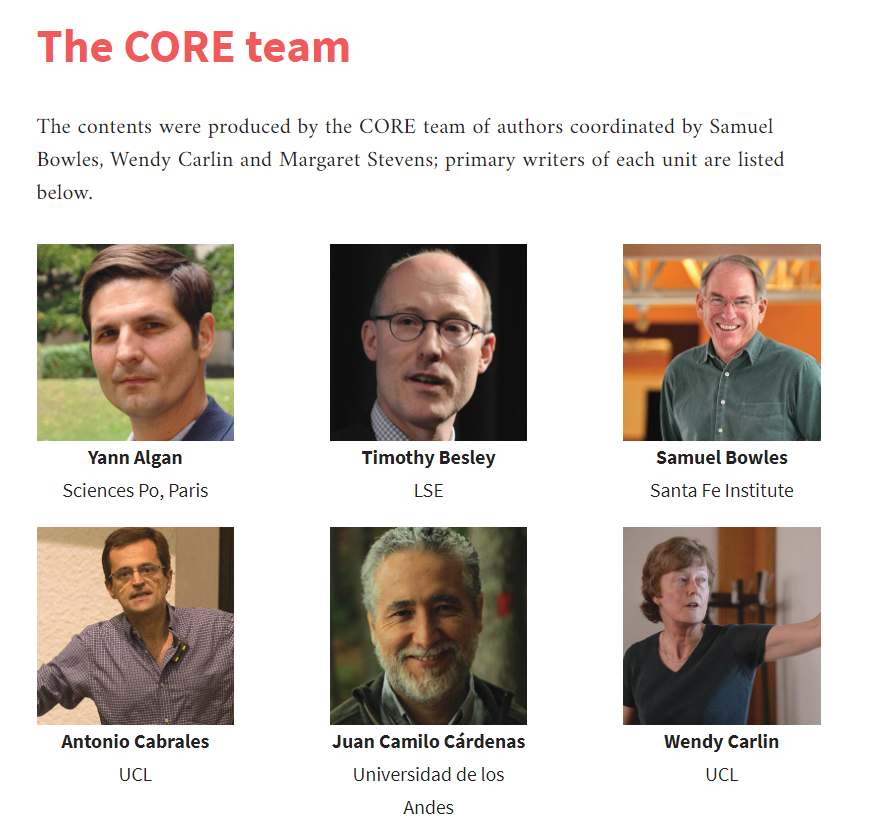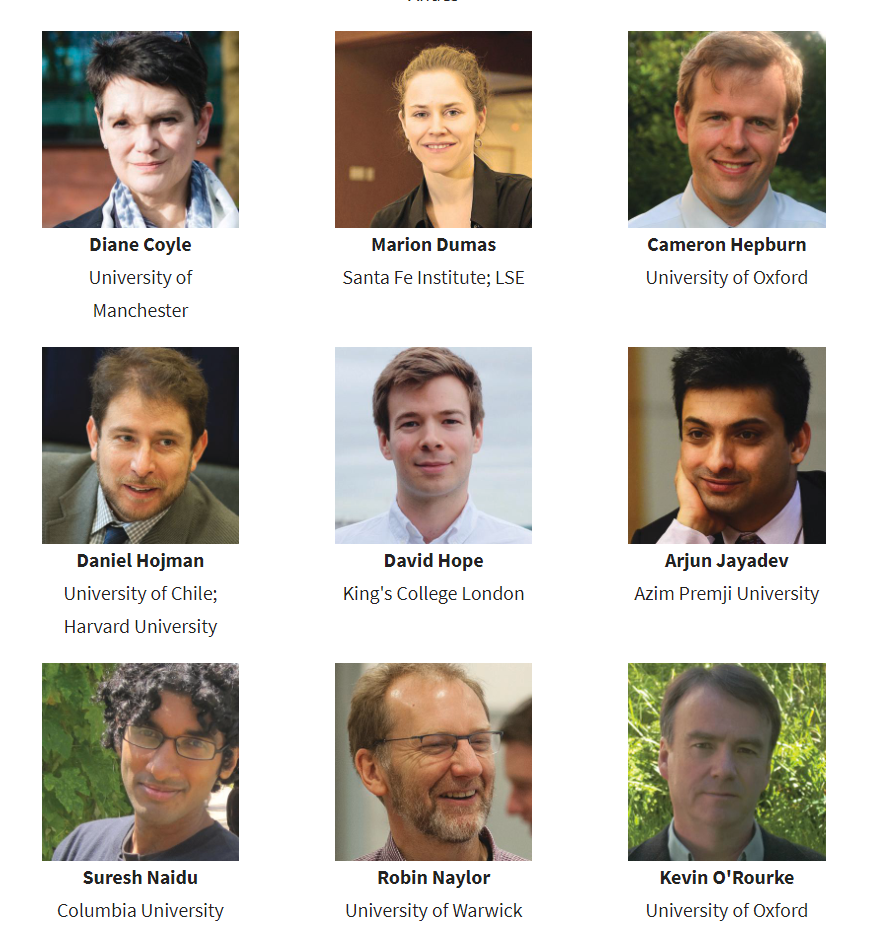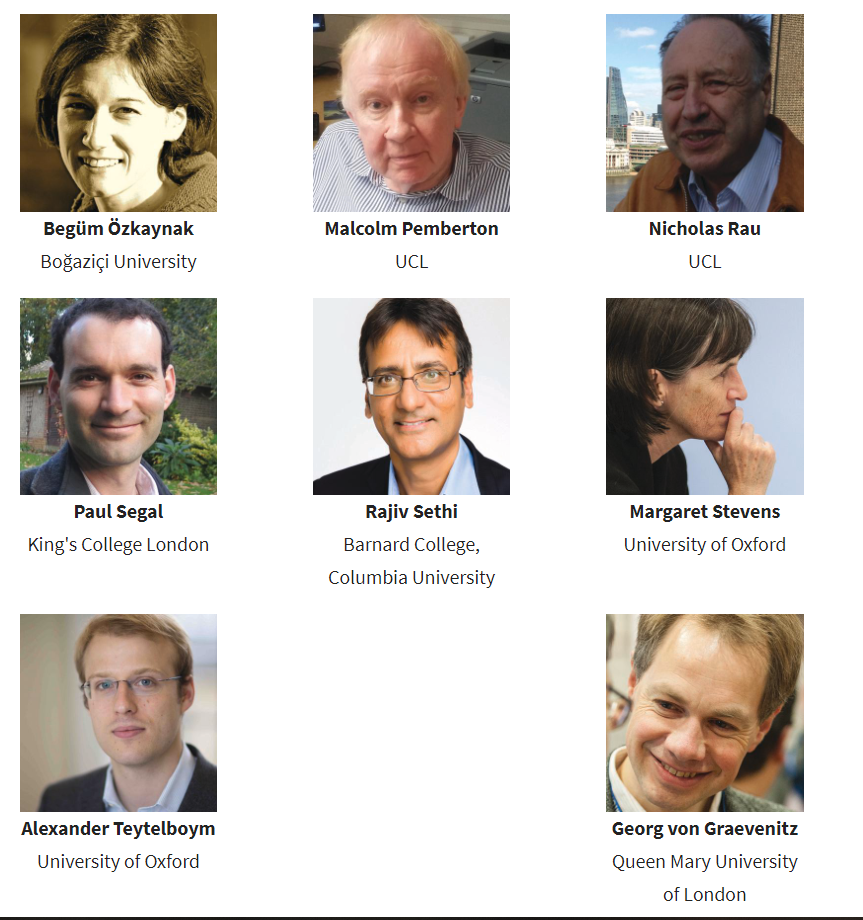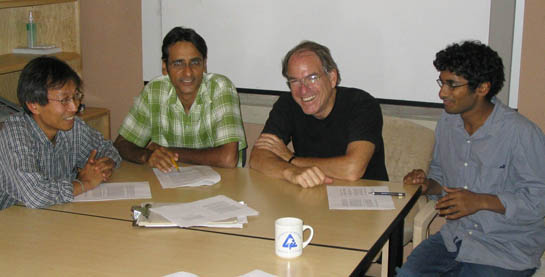My research focuses on two areas:

The first, much of it pursued jointly with the late Herbert Gintis, concerns the co-evolution of preferences, institutions and behavior, with emphasis on the modeling and empirical study of cultural evolution, the importance and evolution of non-self-regarding motives in explaining behavior, and applications of these studies to policy areas such as intellectual property rights, the economics of education and the politics of government redistributive programs. Our collaborative efforts in this field are encapsulated in my personal recollections of a lifetime collaborating with Herb in “Herbert Gintis and the societal origins of preferences”. Review of Radical Political Economics (Bowles, Samuel. 2024).Included are agent-based modeling, evolutionary game theory, and other studies of the process by which institutions change, including what I term “property rights revolutions.
The second research area concerns the causes and consequences of economic inequality, with emphasis on the relationship between wealth inequalities, incomplete contracts, and governance of economic transactions in firms, markets, families and communities. Included are studies of the use and abuse of power in competitive exchange, the transmission of inequality across generations, wealth inequality as a source of allocative inefficiency, the very long term evolution of hierarchical institutions, transitions between egalitarian and unequal institutional regimes, and the relationship between globalization and redistribution.
Since 2012 I have also collaborated with the global CORE team to change how introductory economics is taught, and more recently written a text and supplementary teaching materials for a second year (intermediate) microeconomics course. Look under “Books” to find out more about both projects.
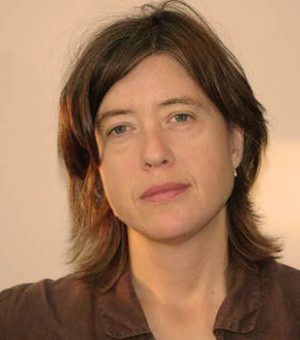 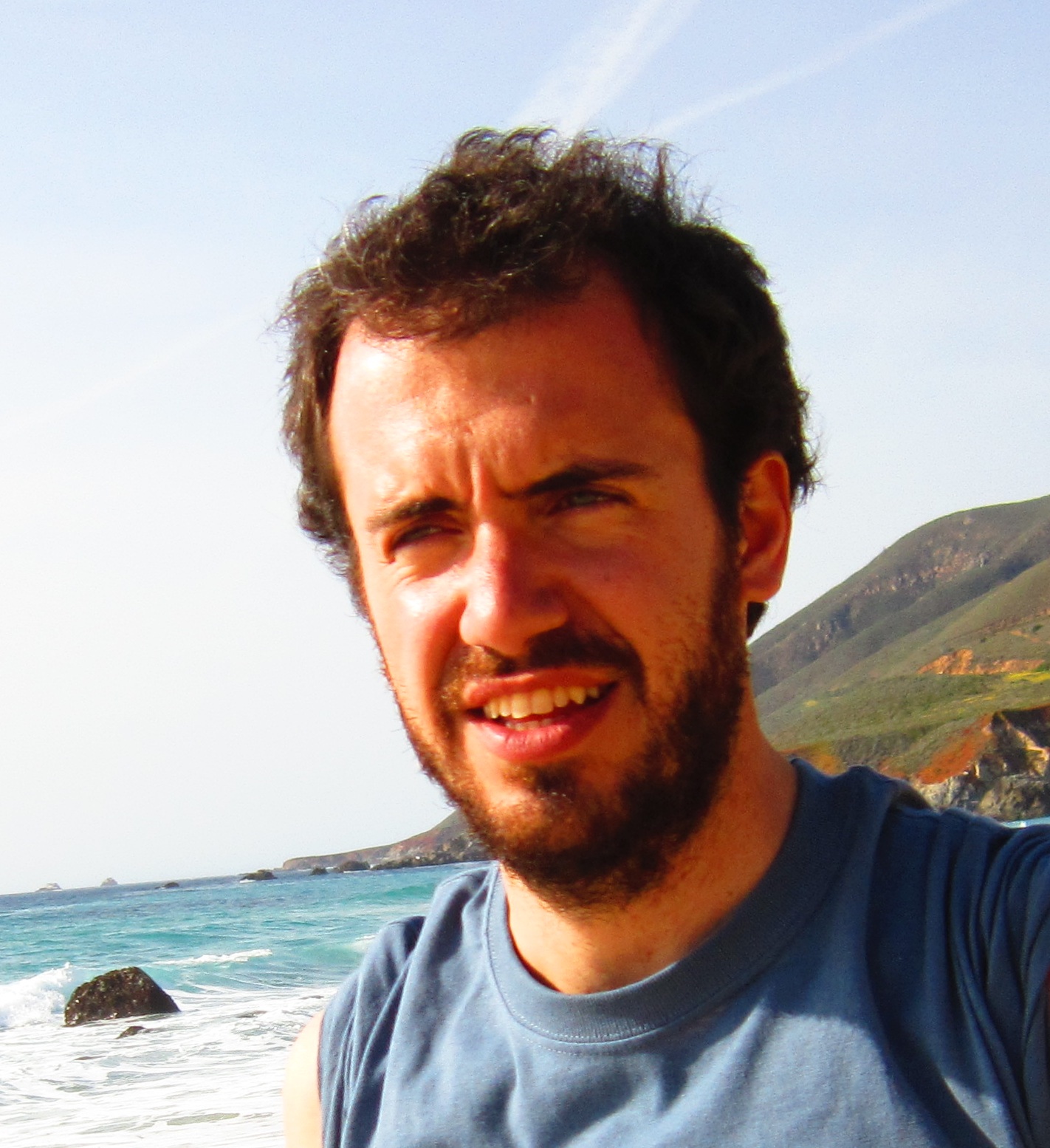 Amy Bogaard Mattia Fochesato | Mattia Fochesato, Amy Bogaard and I are exploring wealth inequality since the early Neolithic and what we can learn from this about the dynamics of economic inequality today and in the future. |
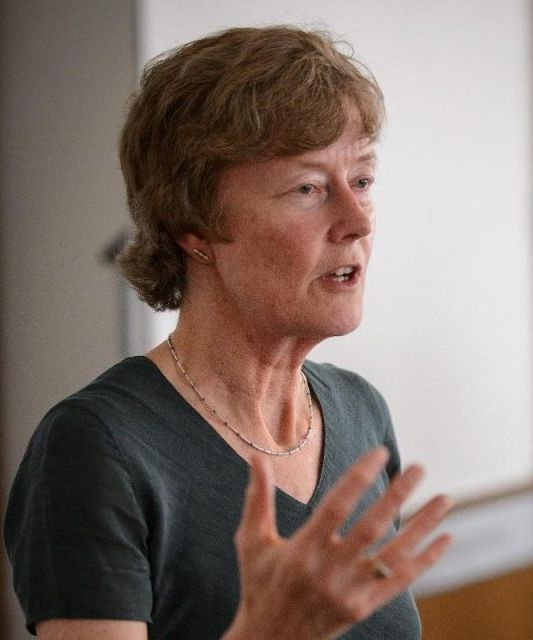 Wendy Carlin | With Wendy Carlin and the CORE team I have produced and are continuing to update open access materials to transform both the content and the pedagogy of the introductory economics course, including an e-text (see more under “Books”) as well as a printed text. With others, we are using a machine learning technique (topic modeling) to study the long term evolution of economic teaching and research. Wendy and I are also working (along with others) on a new paradigm for economics, politics and public policy. |
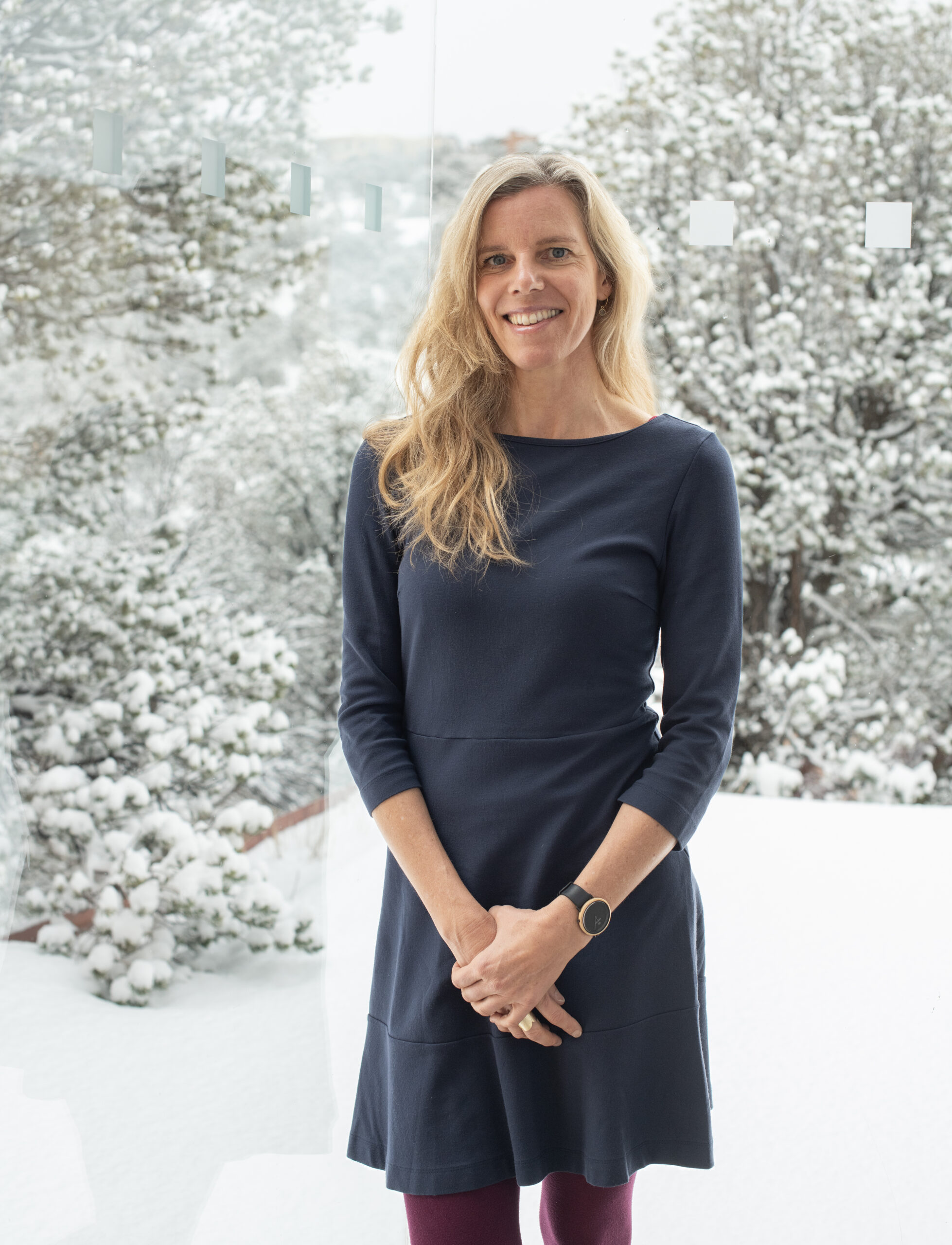 Katrin Schmelz | Katrin Schmelz and I are using insights from mechanism design, behavioral economics, psychology, and evolutionary modeling to understand how preferences and beliefs respond to alternative public policies and instituitons with applications to public health and climate change policies |
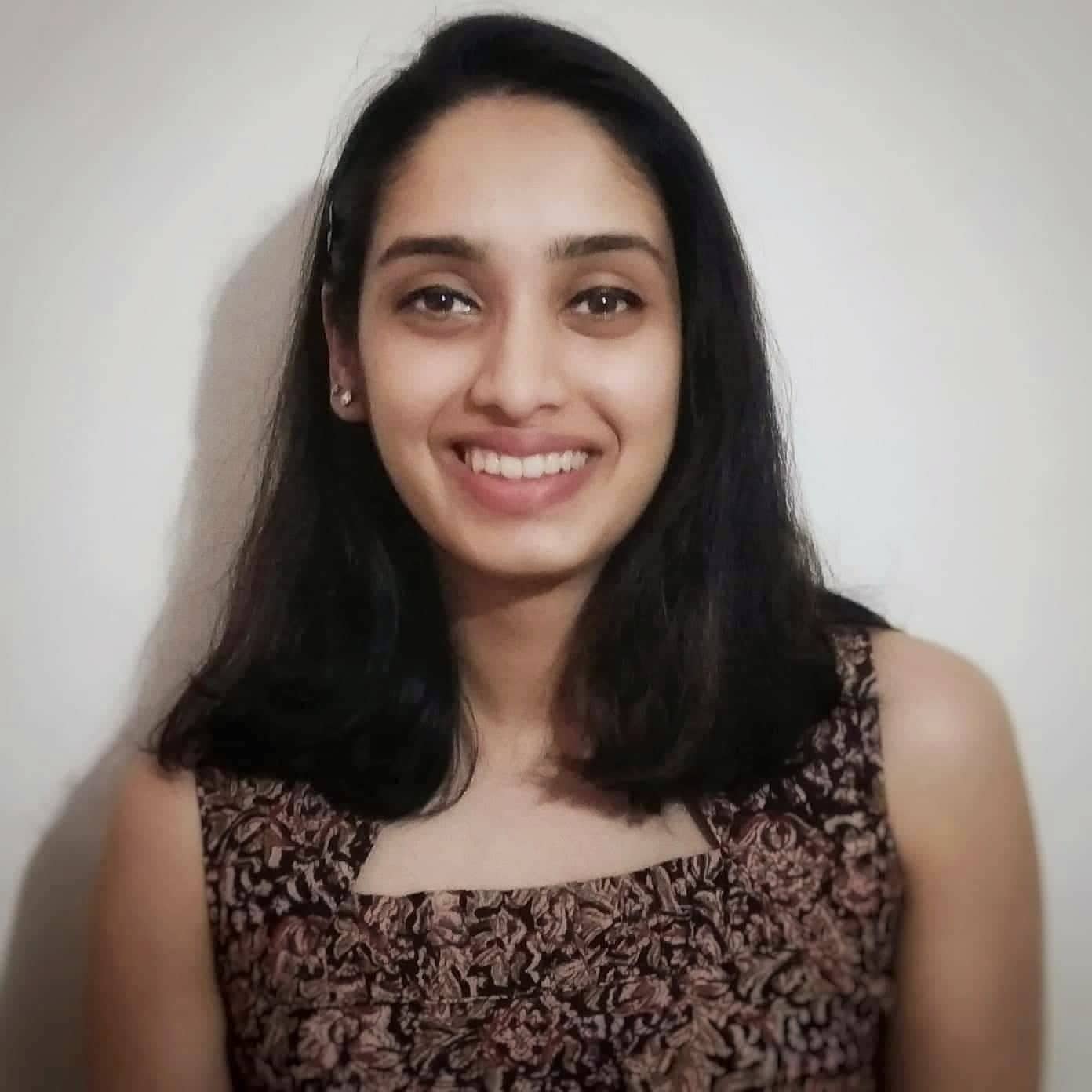 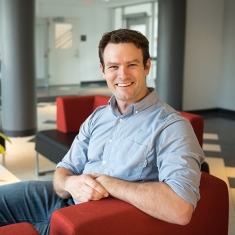 Sahana Subramanyam Simon Halliday | With Wendy Carlin, Sahana Subramanyam, Simon Halliday and others I am using topic modeling (a Bayesian machine learning technique) to study the evolution of economic research and teaching over the past century. Simon Halliday and I have written “post Walrasian” text for intermediate undergraduate microeconomics here. |
 Daniele Girardi 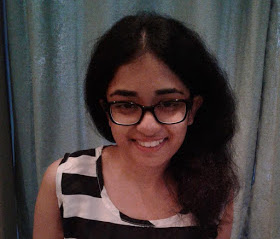 Sai Madhurika Mamunuru | Daniele Girardi, Mattia Fochesato and I study “institution shocks” to better understand how changes in institutions affect wealth inequality and other aspects of the economy. With Daniele Girardi, Sai Madhurika Mamunuru and Simon Halliday, I am exploring the question: “Does studying economics make you selfish?” Maybe it does not! |
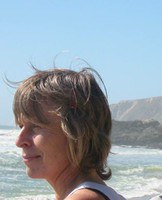 Monique Borgerhoff Mulder | Monique Borgerhoff Mulder and I head a large team of anthropologists and economists contributing to SFI’s Dynamics of Wealth Inequality project. Two current programs of the Dynamics of Wealth Inequality Project incorporating both theoretical and empirical studies concern polygyny and wealth inequality (The Polygyny Puzzle Project, with Monique and Cody Ross and Seung-Yun Oh) and network structure and wealth inequality (with Monique, Matt Jackson, Eleanor Power, Simon DeDeo, Jeremy Koster and Paul Hooper). |
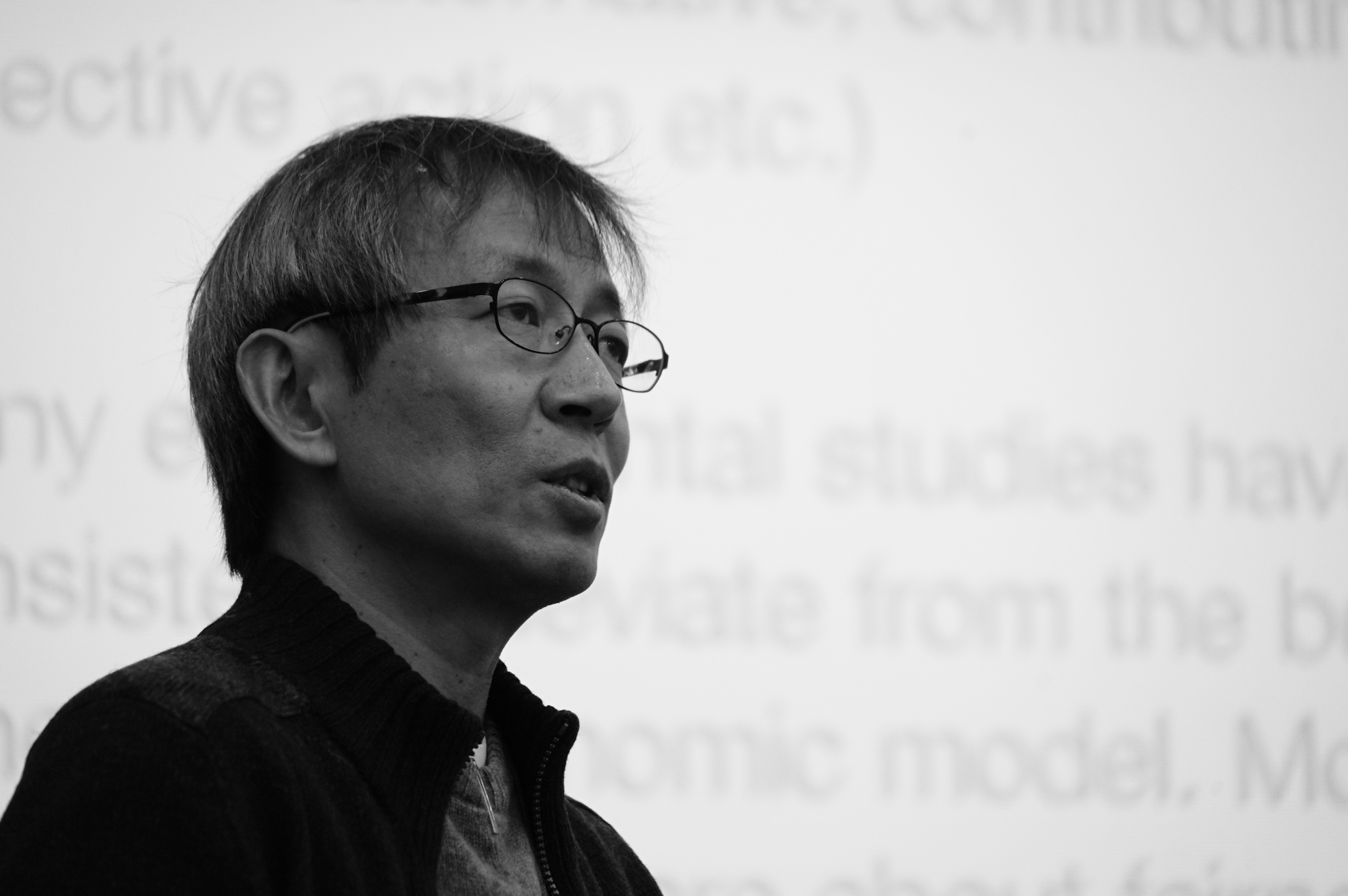 Jung-Kyoo Choi 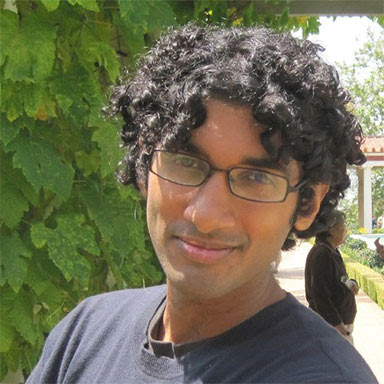 Suresh Naidu | With Jung-Kyoo Choi, Suresh Naidu and Sung-Ha Hwang I use stochastic evolutionary game theory and other methods (including archaeological and historical evidence) to better understand institutional and technological innovation, and the persistence of institutions and social norms as well as transitions among institutional, cultural, linguistic and other conventions. |
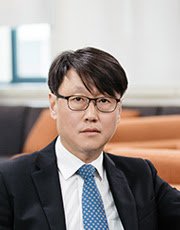 Sung-Ha Hwang | Sung-Ha Hwang and I are also working on approaches to mechanism design and public policy that take account of altruism, reciprocity and other social preferences |
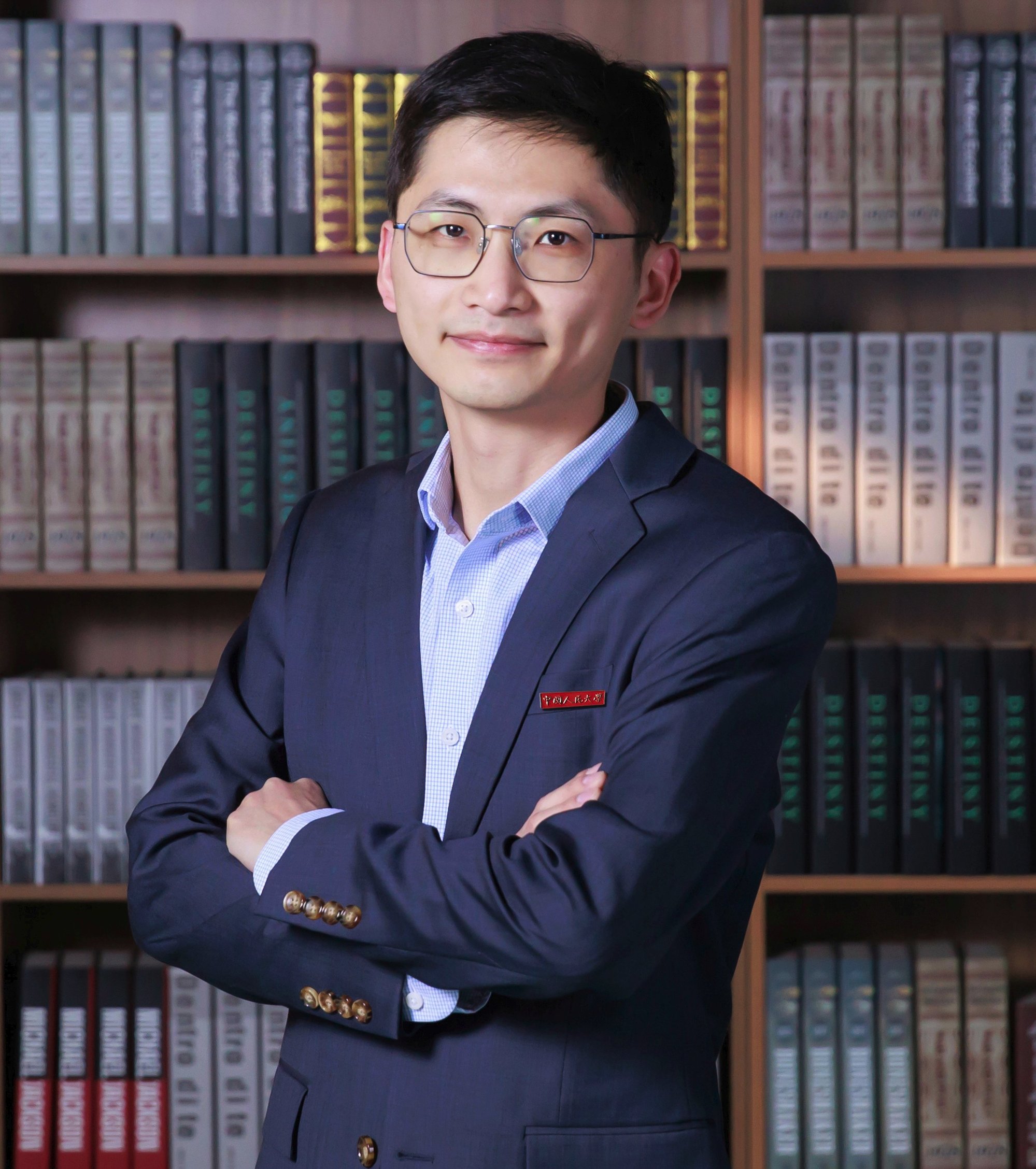 Weikai Chen | Weikai Chen and I are producing a book of problems and solutions along with notes on the relevant theories that can be used for teaching and learning post-Walrasian microeconomic theory (similar in pedagogical strategy – economics is something you do, not just learn – but not in content to a similar problem set book that I published based on the advanced micro course that David Kendrick and I taught to doctoral students in economics at Harvard in the late 1960s). |
 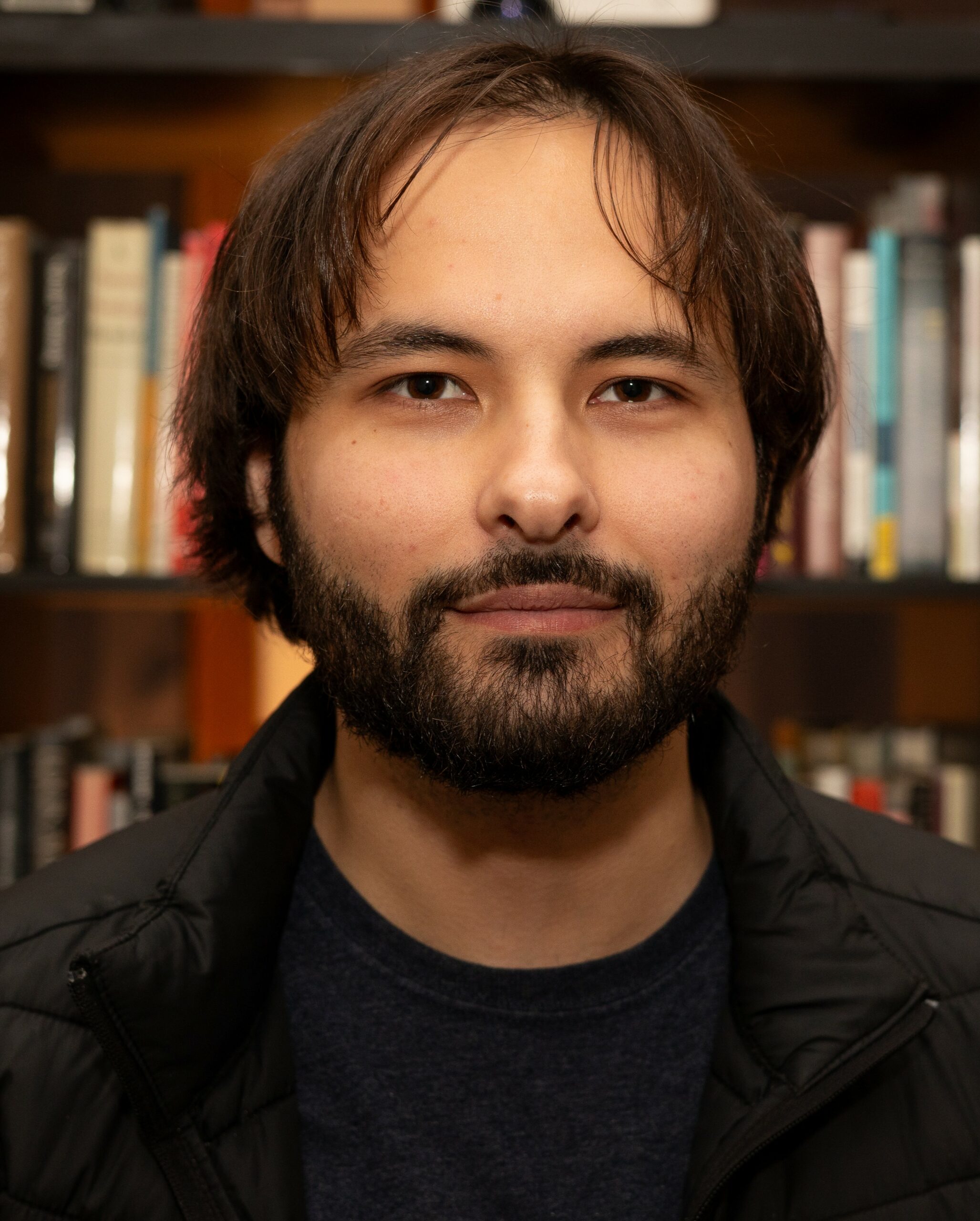 Wendy Carlin Max Greenberg | With Wendy Carlin and Max Greenberg, I am working on questions concerning the normative aspects of the measurement of income inequality, leveraging income differences between same-sex siblings in what we are calling the “fair inequality” project. |
THE CORE TEAM
More information about the CORE Team can be found here.
